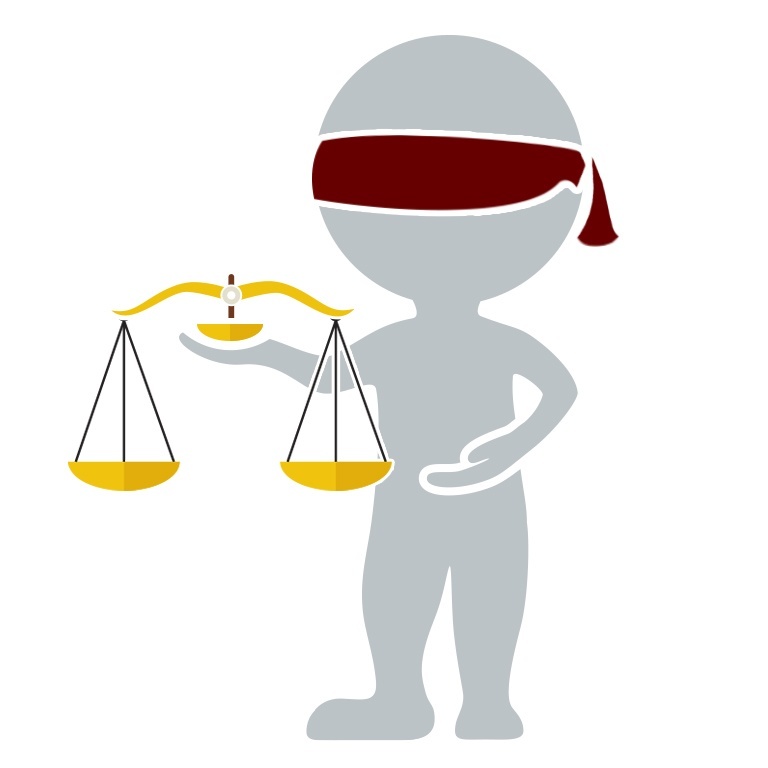It was easy to miss and if you did, you should take a moment to check out the 10/4/2011 blog post from Peter Dobrin which reports on the ongoing court battle between the Philadelphia Orchestra Association (POA) and the American Federation of Musicians’ (AFM) national pension fund. If you haven’t been following that dispute, here’s a quick overview.
- In their reorganization bankruptcy request, the POA petitioned the court to relieve them from their musician pension obligations vis-a-vis the AFM’s national pension fund.
- The AFM has responded by stating that if the request is granted, they will pursue every legal option available to collect what they estimate to be in the high 20 to low 30 million in penalties etc. as a result from leaving the fund.
- The POA says no-way and that collecting is impossible anyway because their assets, primarily their endowment, are all restricted so tough luck pension plan.
- But the pension plan believed otherwise and petitioned the bankruptcy judge for the right to inspect a boat load of POA documentation to verify the restricted endowment claim.
- The judge granted the fund’s request and since then, the pension plan’s lawyers assert that they have found plenty of evidence to suggest that a good portion of the endowment is unrestricted. In fact, they felt so confident that they started contacting donors to ask about the intent of their gifts.
It’s that last bit which came out most recently via Dobrin’s blog post and as it turns out, a pension plan attorney told the court that at least one $2 million donor verified that the gift, now part of the POA endowment, was supposed to be unrestricted.
One donor who made a $2 million donation…had already responded that he made an “unrestricted gift, and the [Orchestra Association] kept writing back to say thank you for your restricted gift.”
The POA blasted back by having one of its bankruptcy attorney’s suggest to the court that this sort of do ask, do tell behavior was “harassment or a vindictive act against the [Association].”
 Really? Harassment?
Really? Harassment?
Certainly, this discovery process is opening up a Costco size Pandora’s Box labeled “endowment funds and donor intent” but set that conversation aside for a moment and consider the assertion that asking donors about their intent is tantamount to harassment.
The vindictive comment I get, I don’t agree with it, but I get it. This is a bankruptcy case; by nature, it’s filled with vindictive acts. But when it comes down to it, isn’t the vindictive card a bit like the pot calling the kettle black when coming from an employer who is asking the court to excuse them from pension obligations?
But back to the claim of harassment; it is difficult to see how this would float. It’s entirely likely that some donors won’t appreciate being asked about their gift but at the end of the day, they were dragged into this arena when the POA filed for bankruptcy and made the status of their endowment one of the front and center issues.
There’s also the potential that this process will put a damper on future fundraising efforts. Donors may spurn requests for fear of being part of any future court proceedings, they may not like the fact that a union pension fund representative may poke around asking about their gift, or they may take issue with the fact that the POA might be playing fast and loose with donor intent.
There’s no shortage of wrenches to throw into the works here.
If nothing else, perhaps the moral of the story in all of this for the field at large is when playing with fire, don’t be surprised if you get burned.



The POA seems to be blaming the mirror for a shabby appearance.
Bankruptcy is a legal proceeding. All potential litigants should realize that their factual claims will be subject to dispute and discovery. If the POA and its lawyers really thought they could avoid dragging donors into this matter, they were fools. More likely, they fully understood the likely consequences and are now feigning outrage for the sake of donor relations. This will fool no one.